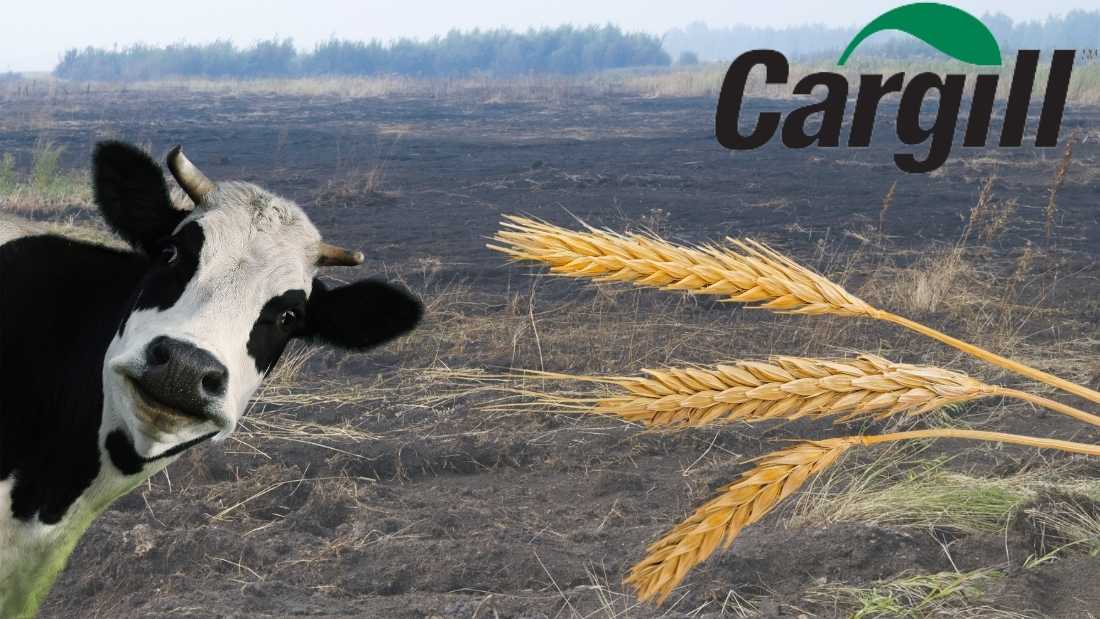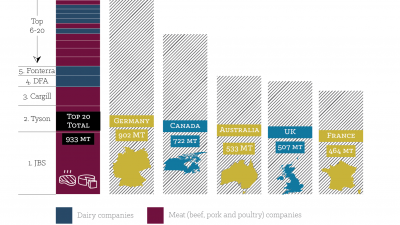The Food Apocalypse is Rooted in Animal Farming

Is 2022 the coming of the food apocalypse? Bank of England Governor Andrew Bailey seems to think so…
Last week, Mr Bailey said food prices in the UK and across the globe were reaching “apocalyptic” levels. The ongoing war in Ukraine, inflation and climate crisis have created a perfect storm that the government have failed to address.
“We face the spectre of global food shortage in the coming months”
Ukraine and Russia produce 30% of the world’s wheat supply and the largest humanitarian organisation, The World Food Programme, normally procures 50% of its grain from Ukraine. With Europe’s ‘breadbasket’ destabilised by war, staple foods such as wheat, maize, barley and sunflower oil are in short supply and priced very high. “We face the spectre of global food shortage in the coming months”, says UN Secretary General, António Guterres, and it would “tip tens of millions of people over the edge into food insecurity… malnutrition, mass hunger and famine in a crisis that could last for years”.
The war has only exacerbated pre-existing problems in the food system caused by the economic shock of the pandemic and rising global temperatures. February’s latest IPCC Report (Climate Change 2022: Impacts, Adaption and Vulnerability) gave a dire description of the irreversible damage climate change has wrought on global agricultural systems. Decreased yields and the deaths of millions of farmed animals are being seen all over the world as floods, heatwaves, wildfires and habitat destruction accelerates. And Europe will not escape the coming storm. A decrease in agricultural productivity is forecasted even if some areas will benefit from the changing climate to grow different crops.
“Only four companies control 90% of the global grain trade”
All these factors spell a global hunger and food insecurity crisis on a massive scale. Yet there has been little political will to act, especially given the failure of last year’s COP26 in Glasgow. George Monbiot has compared the situation of the world’s food system to the global financial system just before the collapse in 2008. Despite levels of hunger falling sharply between 2005-2004, it started rising again in 2016 and recent events will do nothing to reverse that. Rates of hunger and malnutrition are particularly puzzling given that global food productivity has risen exponentially and world food prices have been falling. So, what is going here?
Monbiot explains that key sections of the food system have concentrated power and grown in their influence to assert dominance and remove safeguards that would shield the system from shocks and collapse – in the same way the activities of the world’s bank led to financial collapse. Big agricultural corporations involved in trading grain, seed and farm chemicals have huge power commercially and institutionally. Breaking up the stranglehold of these corporations and financial speculators is essential to avoid a crash in the global food system. Incredibly, only four companies control 90% of the global grain trade: Archer Daniels Midland (ADM), Bunge, Cargill and Louis Dreyfus (known collectively as the ABCD).
“Countries already coping with high levels of acute hunger are particularly vulnerable”
While food prices have reached a record high, these companies have been accused of disaster capitalism and refuse to pull out of Russia. Share prices for Bunge and Archer Daniels Midland have increased by 11% since the Russian invasion, leading Dr Fadhal Kaboub, Associate Economics Professor at Denison University, to accuse them of “not just covering the cost of doing business, they’re taking advantage of a real crisis to surcharge”. These morally questionable business strategies have real world consequences. A recent report from the World Bank predicts a high or extreme risk of civil unrest by the end of 2022 in middle-income countries such as Brazil, Egypt, Argentina, Tunisia, Pakistan, Lebanon, Senegal, Kenya, Bangladesh, Peru, Cuba, and Philippines due to the high price of food and energy imports. Conflict has already arisen in Sri Lanka, Iran and Kazakhstan this year as a result.
“Countries already coping with high levels of acute hunger are particularly vulnerable”, said a 2022 report by The Global Network Against Food Crises. Acute food insecurity at a crisis level across the globe has grown by 40 million people or 20%, with Ethiopia, South Sudan, Southern Madagascar and Yemen at a “catastrophic” level. This is especially concerning given that Madagascar imported 70% of their wheat from Russia and Ukraine in 2021, while Somalia sourced 90% and the Democratic Republic of Congo 80%. The report also warns that Afghanistan, Haiti, Somalia, and Syria are at a dangerous risk of starvation.
“The worst company in the world”
The ABCD companies might be familiar to some readers because all of them supply animal feed. Cargill is the not only the richest agricultural company in the world but the third biggest meat processor. Mighty Earth has labelled Cargill “the worst company in the world” due to their history of spreading zoonotic disease, child labour, air and water pollution, deforestation, displacing indigenous communities, modern slavery, animal and human abuses, the deaths of billion of farmed animals each year, breaking health and safety regulations, and paying terrible wages.
Cargill’s subsidiary, Avara Foods, is the third biggest poultry company in the UK supplying Tesco, Nandos and McDonald’s. It has been responsible for numerous animal abuses as uncovered by Viva!, pollution of UK waterways and selling soya from the Brazilian Amazon rainforest for feed.

The top 20 meat and dairy companies combined emit more greenhouse gases than Germany, Canada, Australia, the UK or France. Sources: GRAIN & IATP.
Cargill is one of the five largest meat and dairy corporations (including JBS, Tyson, Dairy Farmers of America and Fonterra) which produce more annual greenhouse gas emissions than ExxonMobil, Shell or BP. Worse still, only four out of the thirty-five biggest meat and dairy giants provide complete emissions statements as, staggeringly, they can legally underreport and omit scope 3 emissions – those which include the biggest share of emissions from farmed animals, manure, fuel, feed, nitrogen and land-use change. If world hunger, pollution and human and animal abuses were not enough to condemn Big Meat and Dairy, you’ll be shocked to learn that UK banks provide “vast flows of private finance that prop up this fundamentally extractive business model”.
“The inefficiency of feeding food to animals to turn into meat and dairy is only matched by the horrendous cruelty it takes to produce it for a growing population”
The hunger for profits and supply chain dominance of the ABCD companies has created a false scarcity in a world where we produce enough food to nearly feed the world twice over. Just where is that food going? Phillip Lymbery, chief executive of Compassion in World Farming, wrote an article yesterday pointing out the obvious answer: we are feeding wheat and crops to farmed animals and wasting calories and protein in the process. The inefficiency of feeding food to animals to turn into meat and dairy is only matched by the horrendous cruelty it takes to produce it for a growing population.
The UK uses three times the total amount of wheat annually exported by Ukraine as animal feed. From this we only get back 1kg of protein from animal products for 6kg of grain. We grow enough crops to solve world hunger if only we would move to a plant-based food system and ate nutritious, delicious vegan diets.
This is not just entirely possible but critical at this stage in our history. It has never been simpler to make the switch in Western nations. We have never had such a variety of technologies at our disposal to take the animal out of agriculture and we understand and recognise the right of other beings to live without pain, suffering and early death. Instead of using 85% of UK farmland for animal farming to only produce 32% of our calories, we could return our pastures to forests and still grow enough low-cost protein for everyone in the form of crops such as split peas, lupins, hemp and oats. Our poor record on national food security means we import 48% of all our food. Horticulture only represents 1%, so it comes as no shock we are only 18% self sufficient in fruit and 55% in vegetables.
Feeding our crops to animals is pushing countless lives across the world into starvation and malnutrition. Allowing agri-giants to seize control of our food in the name of endless profits condemns us to a dead planet and food system collapse in the very near future. The answer isn’t more productivity but a plant-based food system that is kind and fair for all life.
